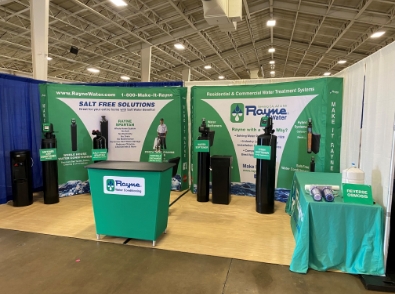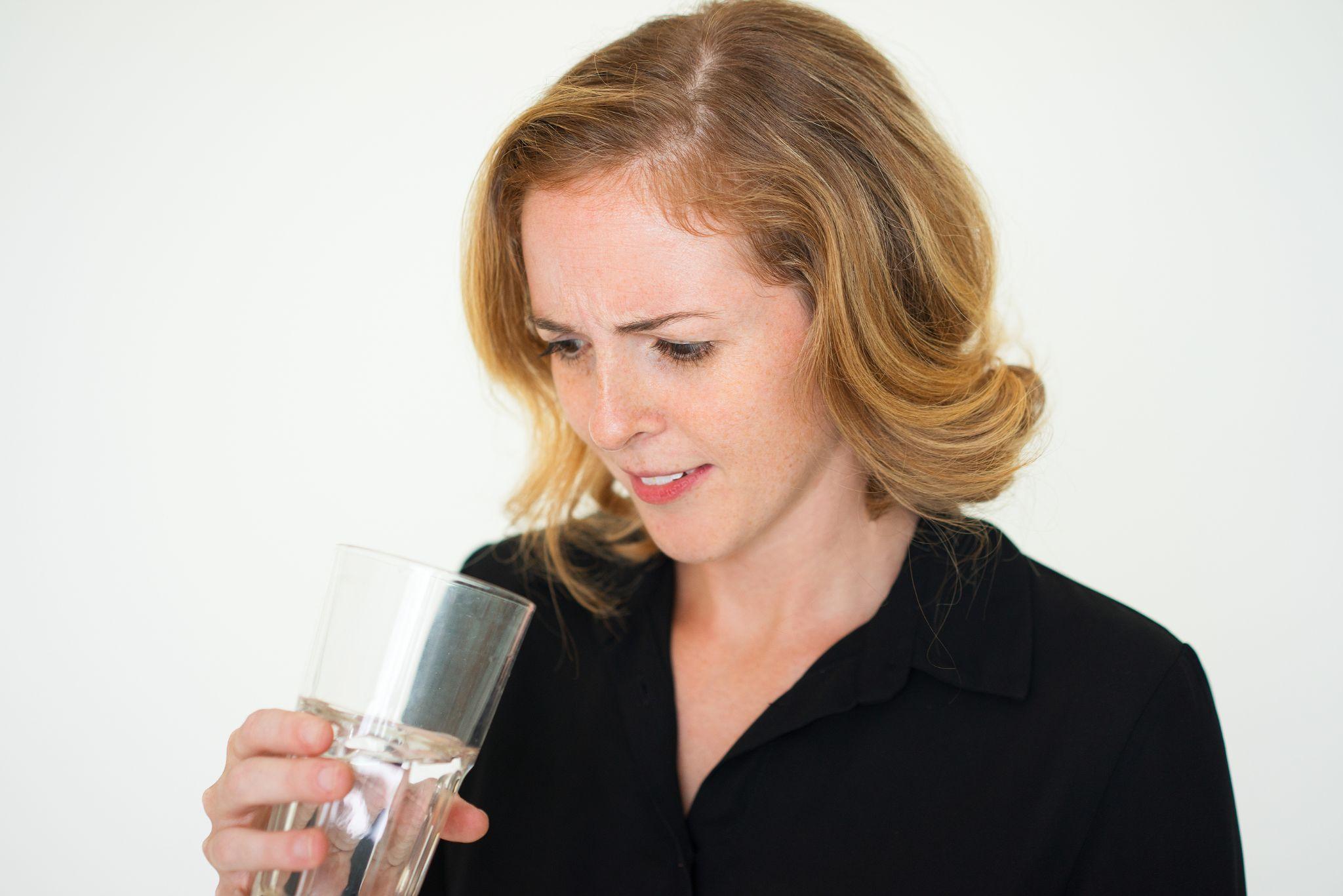
In Ventura, every glass of water starts a journey deep underground or high up in the mountains before reaching your tap.
Along the way, this water collects minerals like calcium and magnesium, and then gets treated with chlorine to make it safe. Because of this, Ventura water quality is often associated with hard water, visible mineral deposits, and water that sometimes tastes or smells a bit off.
You might spot white scales on your faucets, find your laundry feeling stiff, or notice your skin and hair getting dry. These everyday annoyances are actually warning signs.
Local water quality quietly affects your plumbing, your appliances, and even your comfort at home or work.
Rayne Water will walk you through what’s really in Ventura’s water, the plumbing problems it can cause for both homes and businesses, and the solutions that help keep everything running smoothly.
Key Takeaways
- Ventura water quality is defined by hard water with high mineral content and chlorine additives.
- Scale buildup, low water pressure, and frequent appliance repairs all trace back to Ventura water hardness.
- Customers who use commercial water in Ventura see even higher costs and risks due to poor water quality.
- Homeowners experience dry skin, faded laundry, and stubborn white scale on fixtures—clear signs of hard water.
- Simple solutions, like water softeners or filtration, can protect your plumbing and appliances.
- Testing your water is easy, and the first step to fixing ongoing plumbing or quality issues.
What Is the Water Quality Like in Ventura?
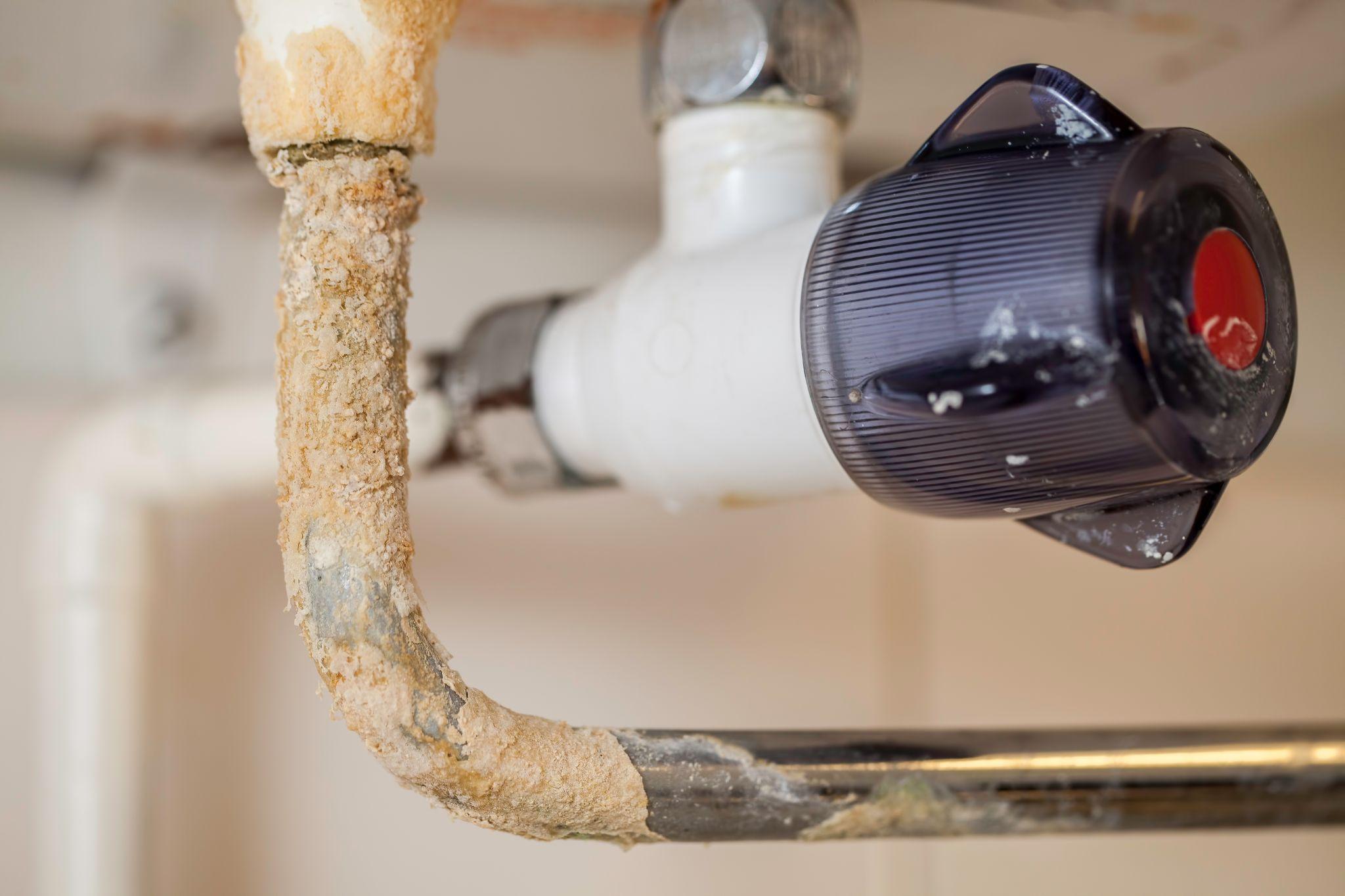
Ventura sources its water from a combination of local groundwater wells and imported surface water, often delivered through regional aqueducts.
This mix results in water with a higher mineral load than you’ll find in many other California cities. Groundwater in Ventura flows through layers of rock and soil, picking up large amounts of calcium and magnesium, which directly leads to Ventura water hardness.
Chlorine is added at treatment plants to kill bacteria and keep water safe as it travels to homes and businesses, but it can react with minerals and metals in your plumbing.
This process means that Ventura water quality regularly causes homeowners and business owners to experience:
- White, chalky hard water spots on dishes, glassware, faucets, and shower doors: these spots are mineral residue left behind when water evaporates.
- Visible scale buildup inside kettles, coffee makers, water heaters, and other appliances, leading to higher energy use and shorter appliance lifespans.
- Dry, irritated skin and brittle hair after showering, caused by high levels of calcium and magnesium that interact with soaps and shampoos.
- Tap water with a noticeable chemical taste or smell, especially during warmer months when imported surface water blends can change.
- Stiff laundry and faded fabrics after washing, due to minerals binding with detergent and making it less effective.
- Frequent clogging of faucets and showerheads from mineral deposits makes water flow weaker over time.
For the latest details on minerals and additives in your water, the official Ventura water quality report breaks down the exact numbers. Reviewing it helps you see exactly what’s flowing through your plumbing and what you might want to filter out.
How Poor Water Quality Can Affect Plumbing
Ventura water hardness means high levels of calcium and magnesium flow through your system every day.
As this hard water passes through your plumbing, it leaves behind a chalky scale that lines the inside of pipes, collects in water heaters, and coats heating elements. Over time, the buildup gets thicker, squeezing your pipes and forcing appliances to work harder just to keep up.
The impact does not stop there. Chlorine, added to keep water safe, reacts with pipe materials and speeds up corrosion, especially in older plumbing.
Here’s how it all adds up:
- Pipes clog up and water pressure drops as scale thickens and restricts flow.
- Drains clog more easily and need more frequent cleaning.
- Water heaters and dishwashers break down sooner, forcing you into early repairs or replacements.
- Utility bills creep higher because appliances run less efficiently with all that buildup.
- You might even face hidden leaks or pinhole corrosion, leading to water waste and rust stains around sinks and tubs.
If you’ve ever had to call in a plumber to fix a mysterious leak or replace an appliance that should have lasted longer, chances are, Ventura water quality played a role.
Signs Your Plumbing May Be Affected
These warning signs can show up anywhere in your home or business. Knowing what to watch for makes it easier to act before problems get worse.
Low Water Pressure
Every homeowner values a strong, steady shower and sinks that fill quickly.
Mineral buildup caused by Ventura water hardness often stands in the way. Calcium and magnesium from hard water do not just float through your pipes; they settle and collect layer by layer, shrinking the pathway for water to travel.
The result? Water pressure drops across your home. You might notice the morning shower feels weaker, kitchen faucets slow down, and outdoor hoses do not spray as far.
That thin white crust on showerheads and faucet aerators is a sign of what’s happening inside the pipes, not just on the surface.
As time passes, these deposits quietly make every routine water task a little less satisfying.
Frequent Clogs or Slow Drains
Clogs do not always mean you dropped something down the drain. Hard water in Ventura leaves a sticky mineral film inside pipes, especially where soap, food scraps, and oils already try to pass through.
This residue acts like glue for debris, causing more frequent clogs and slow drains in kitchens, bathrooms, and laundry rooms.
If you find yourself reaching for a plunger or calling a plumber more often, Ventura water quality could be the real reason behind it. Slow-draining sinks and tubs can signal that mineral buildup is collecting inside pipes well before a full blockage forms.
Unusual Stains or Scale on Fixtures
Walk around your home and take a closer look at the faucets, shower doors, and drains.
If you see white, powdery buildup or cloudy streaks on dishes after a dishwasher cycle, you’re seeing the result of Ventura water hardness in action.
These stains are minerals left behind as water evaporates. They warn that the same process is happening on the inside, building up in pipes and appliances.
Hard water stains show up on:
- Glassware and dishes (cloudy or spotty after washing)
- Stainless steel sinks and fixtures
- Bathtub and shower surfaces
Wiping them away works for a day, but they always come back without a water quality solution.
Increased Appliance Repairs or Reduced Lifespan
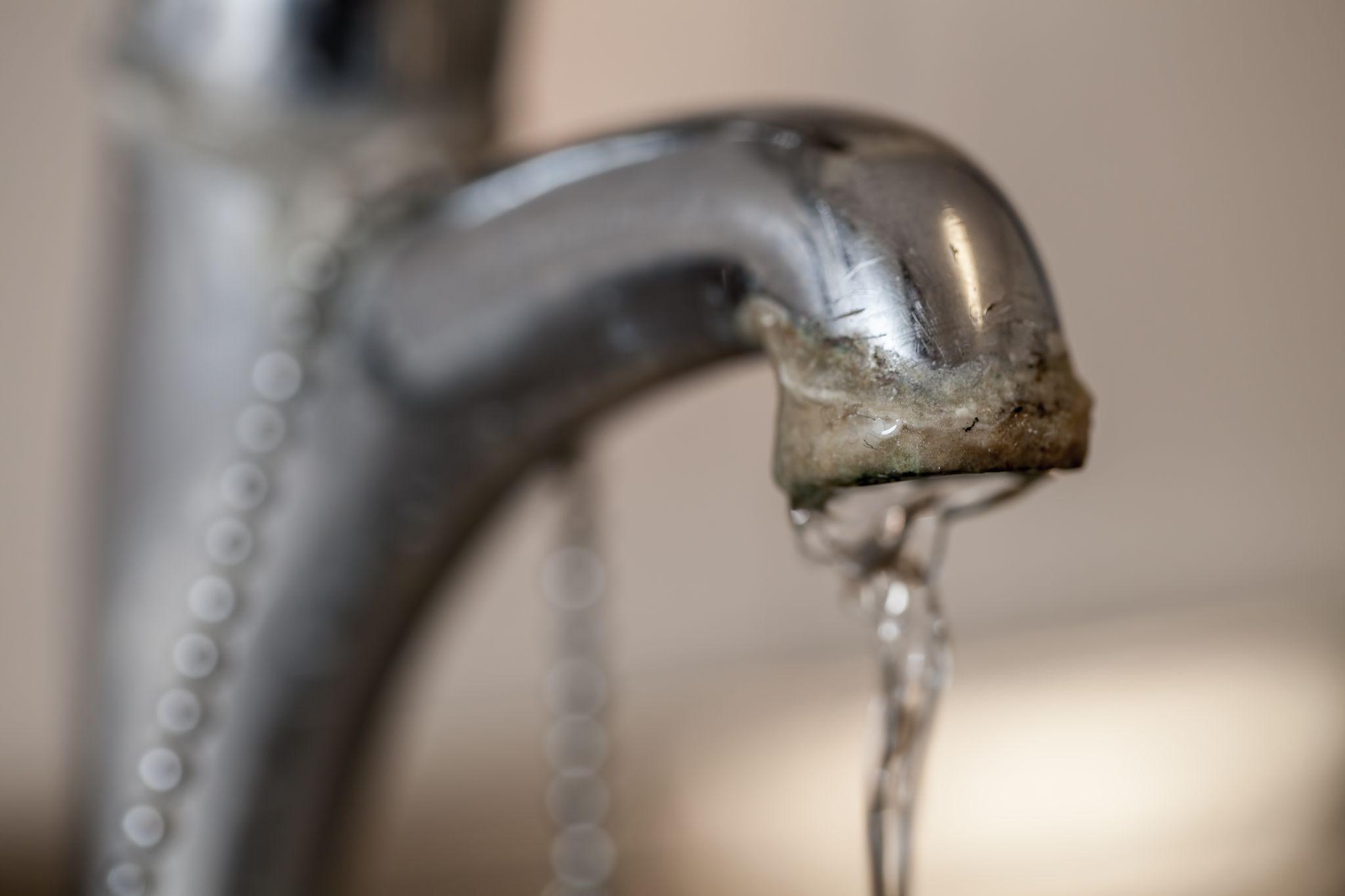
Hard water can quietly shorten the lifespan of your appliances.
When scale coats heating elements or lines the inside of your dishwasher or water heater, it forces them to work harder and use more energy.
Over time, you’ll notice that you’re calling for repairs more often or replacing major appliances sooner than you expected. If your energy bills are higher than last year and you’re not sure why, Ventura water quality could be the hidden culprit.
- Water heaters lose efficiency and heat up more slowly
- Dishwashers and washing machines need repairs or replacement
- More frequent appliance breakdowns raise utility and repair costs
Source: Southern Scientific Services
Leaks or Corrosion in Pipes
Chlorine, added to treat Ventura’s water, does its job keeping water safe, but it can also react with metal pipes over time. The combination of chlorine and hard water minerals weakens pipe materials, especially in older homes.
What starts as small pinhole leaks can grow, leading to water spots on walls or ceilings, rust-colored water, or a sudden spike in your water bill.
Sometimes, corrosion stays hidden until it becomes a much bigger (and costlier) issue. Paying attention to these subtle warning signs helps you catch plumbing problems early and keeps your home protected.
Commercial vs. Residential Impact: What’s the Difference?
| Impact Area | Residential (Ventura Residential Water) | Commercial (Commercial Water in Ventura) |
| Main Challenge | Everyday inconvenience from Ventura water hardness—white scale on faucets, dry skin, faded laundry, cloudy dishes. | Frequent appliance breakdowns, poor customer experience, and compliance risks caused by Ventura water quality. |
| Plumbing Wear | Scale buildup narrows pipes, reduces flow, and causes slow drains. | Heavy usage means mineral deposits build up faster, leading to pipe replacements and emergency repairs. |
| Appliance Impact | Water heaters, dishwashers, and laundry machines lose efficiency, break down sooner, and cost more to run. | Equipment like steamers, ice machines, dishwashers, and laundromat machines often fail early, causing costly downtime. |
| Cost Consequences | Higher utility bills, frequent plumber visits, and regular appliance maintenance. | Loss of business during downtime, increased repair bills, health code violations, and higher insurance premiums. |
| Customer/Family Effect | Dry skin, hair issues, and more time spent cleaning up hard water stains. | Spotty glassware, unappealing food/beverages, dissatisfied customers, and negative reviews. |
| Regulatory Pressure | Minimal, usually limited to home safety and local plumbing codes. | Must meet strict health and safety standards; water quality violations can lead to fines or business closures. |
| Benefit of Treatment | Ventura water quality treatment brings softer water, longer appliance life, lower bills, and fewer repairs. | Installing proper water treatment safeguards business reputation, protects equipment, and keeps operations running smoothly. |
Key Takeaway:
While poor water quality affects everyone in the city, businesses that rely on commercial water in Ventura often face higher costs and bigger risks when hard water and chemical imbalances go unresolved.
Investing in water treatment pays off for both busy homeowners and business owners by protecting pipes, reducing repairs, and creating a safer, more comfortable environment for everyone.
How Rayne Water Can Help Improve Ventura Water Quality
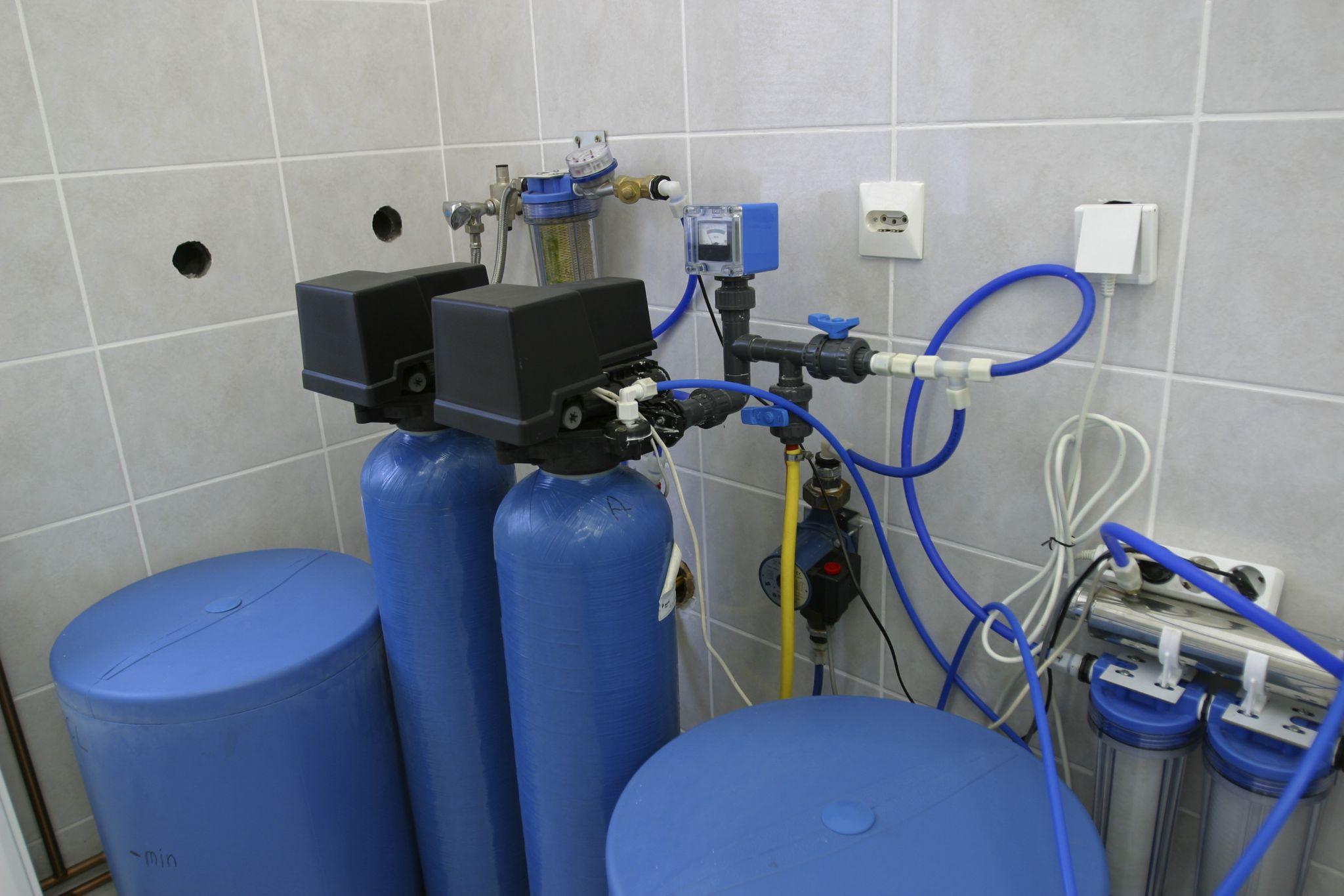
Rayne Water understands the local challenges tied to Ventura water quality. Our filtration and water softener solutions are built for the specific needs of Ventura homes and commercial properties.
We make it easy to get better water, without the guesswork.
We start with a free water test, helping you see what’s really in your water. Then we recommend the right solution, installed by local experts, so you can protect your plumbing, your health, and your budget.
For Residential Customers
Many Ventura homeowners come to us after seeing cloudy dishes, dry hair, or stubborn scales on fixtures. Our softeners and filtration systems are designed to handle Ventura water hardness, removing minerals, improving taste, and protecting everything you care about.
- Water softeners keep pipes clear and make appliances last longer.
- Whole-house filters take out chlorine and improve taste and smell.
- Easy installation and maintenance, with local support when you need it.
Explore our residential water softeners and filtration system.
For Commercial Properties
If you own or manage a Ventura business, you know poor water quality can hurt your reputation and raise costs. Our commercial-grade systems fight back against scale, improve compliance, and keep your equipment in top shape.
- Softening and filtration for restaurants, offices, laundromats, salons, and more
- Customizable solutions for every business size
- Lower maintenance costs, fewer repairs, and better results for customers and staff
See our commercial-grade water treatment solutions
Are You Ready to Protect Your Home or Business from Ventura Water Quality Problems?
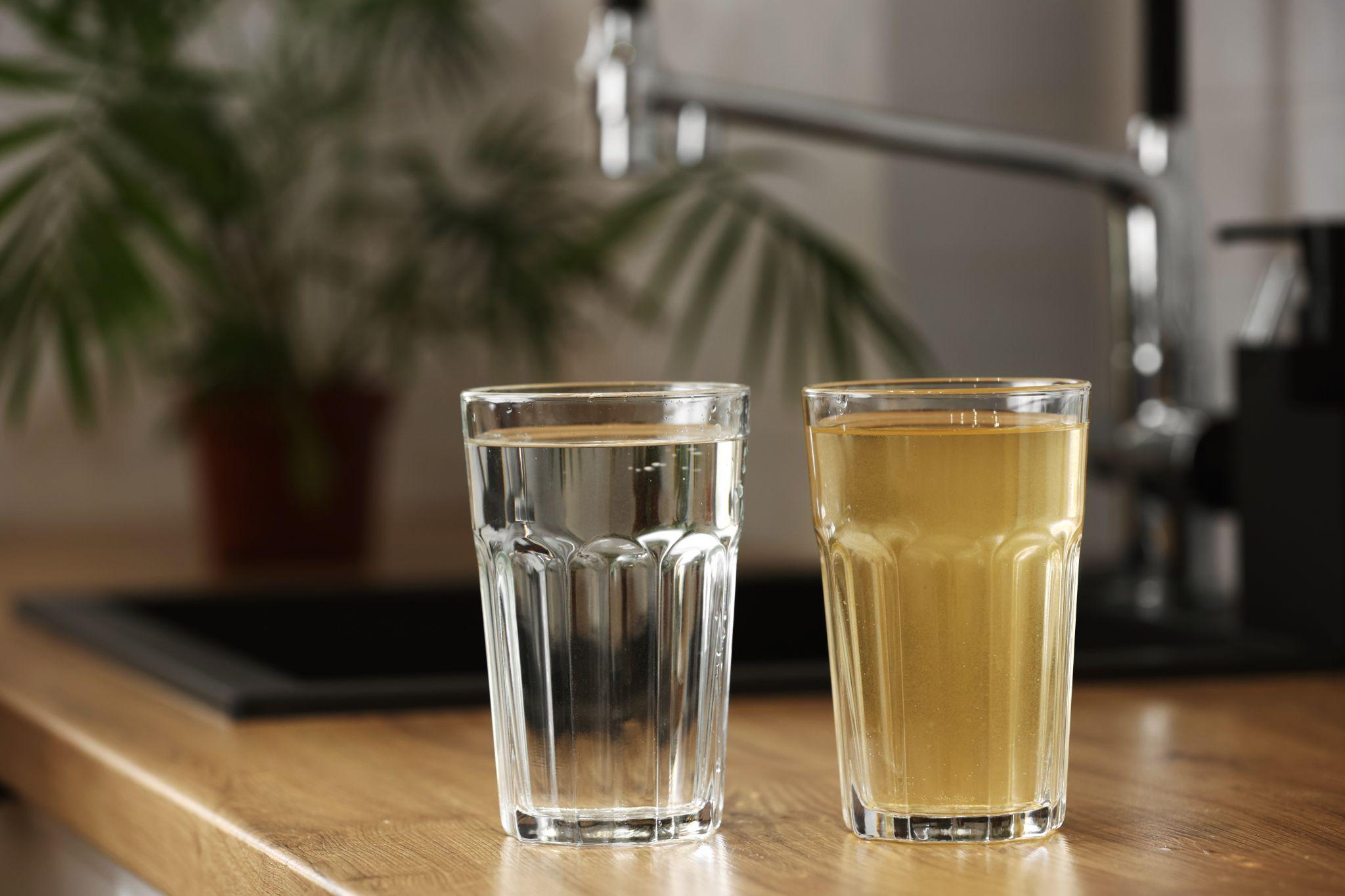
No one wants to deal with surprise repairs or rising bills because of hidden water issues. If you have noticed stubborn scale, fading laundry, or appliances that seem to quit too soon, it could all point back to Ventura water quality.
Now that you know what to look for, what action will you take to safeguard your plumbing and peace of mind?
The good news: You don’t have to guess your way through it.
Rayne Water has helped Ventura families and business owners solve water problems for years, with tailored testing, proven water softeners, and filtration systems that really work. If you want clearer water, lower maintenance costs, and a healthier environment at home or work, now is the time to take the next step
FAQs
Why does Ventura water quality cause so many problems for my plumbing and appliances?
Ventura water quality often means high levels of calcium and magnesium, minerals that make up what’s known as water hardness. As hard water moves through your plumbing, these minerals stick to pipes, water heaters, and appliances, creating scale that slows water flow and reduces efficiency.
The result is frequent clogs, stubborn white spots on fixtures, and higher maintenance needs.
Addressing Ventura water quality with a softener or filter keeps your pipes clear and your appliances running smoothly, helping you avoid surprise expenses.
How can I tell if Ventura water hardness is affecting my home or business?
You can spot Ventura water hardness in many ways. In homes, look for white, powdery stains on faucets, stiff laundry, and dishes that come out of the dishwasher cloudy or streaked.
Sluggish drains and low water pressure also point to scale buildup inside your pipes.
Businesses that use commercial water straight from the tap may notice frequent equipment failures, spotty glassware, or complaints about water quality. Both homeowners and business owners should pay attention to these warning signs.
Scheduling a professional water test can confirm Ventura water quality issues and help you find the best solution for your needs.
What are the main differences between Ventura residential water and commercial water systems?
Both Ventura residential water and commercial water systems face challenges caused by hard water and chlorine.
Homeowners mostly deal with issues like scale on fixtures, faded laundry, and appliance repairs.
Commercial customers, such as restaurants or laundromats, use more water and rely on specialized equipment, so they experience faster scale buildup, higher repair costs, and risk of customer dissatisfaction.
The stakes are higher for businesses since compliance and reputation are on the line.
Rayne Water offers solutions for both, but commercial setups may require larger or more advanced systems to keep operations running smoothly and meet local health standards.
How does treating Ventura water quality benefit my daily life or business operations?
Solving Ventura water quality challenges brings noticeable benefits. For homes, water softeners and filtration mean fewer stains, lower utility bills, and appliances that last longer.
You get cleaner laundry, softer hair, and less time scrubbing away scales. For businesses, especially those that rely on commercial water in Ventura, treatment helps reduce downtime, extend equipment life, and provide customers with a better experience, whether that means sparkling glassware or fresher food.
No matter the setting, addressing Ventura water hardness protects your investment and delivers peace of mind, making daily routines simpler and reducing the chance of expensive repairs.
How do I get started with Rayne Water if I want to improve Ventura water quality?
If you want to tackle Ventura water quality at your home or business, Rayne Water makes it simple. Start by scheduling a free water test. Our local experts will check for water hardness and other issues unique to your property.
After reviewing your results, we recommend a system tailored to your needs, like a softener for Ventura residential water systems or advanced filtration for Ventura commercial water customers.
Our team handles installation and ongoing maintenance, so you do not have to worry about the details. This approach delivers real, lasting results and helps you enjoy better water, every day.

